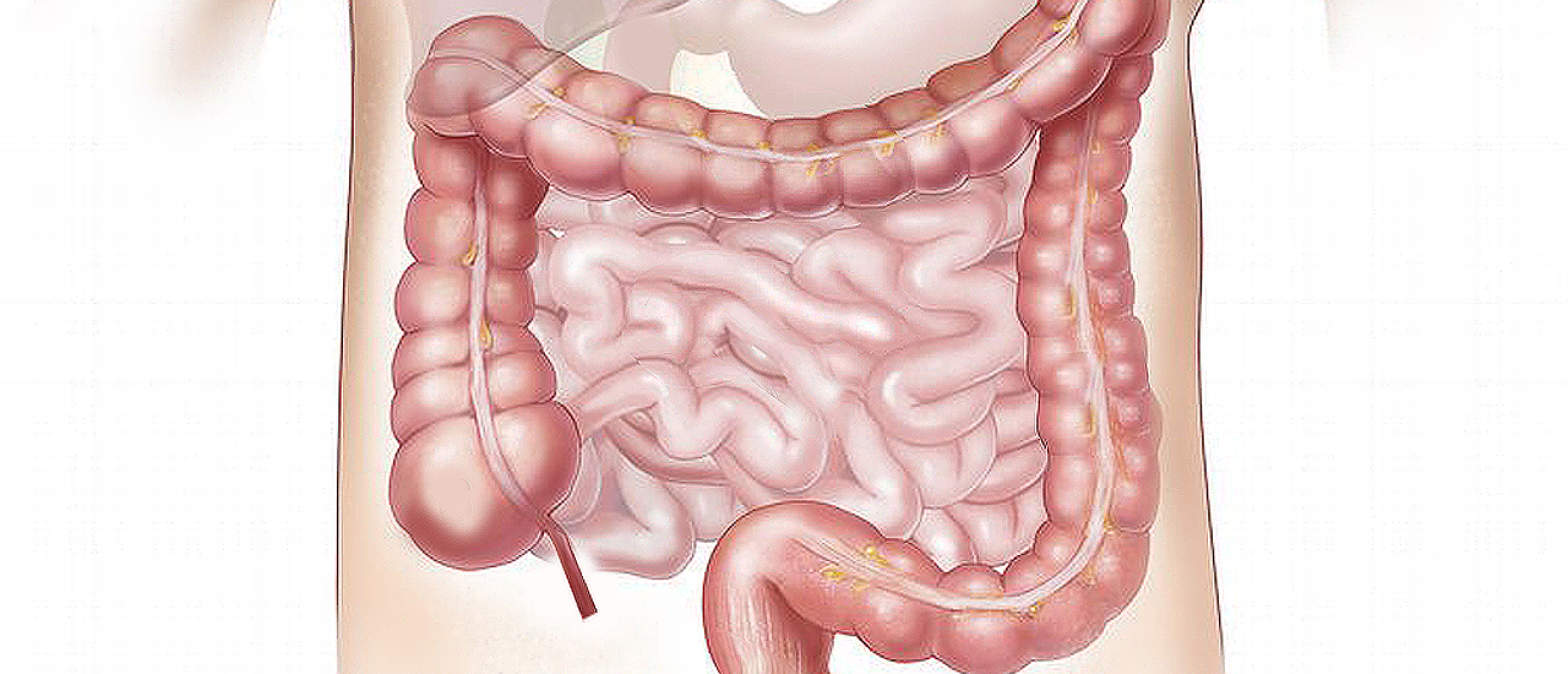
Have you ever experienced not wanting to do anything when you're stressed, not even the things you normally love? Like spending time with friends or diving into hobbies? This loss of pleasure — known medically as anhedonia — is a common and serious symptom of chronic stress, and it can be a warning sign of something deeper.
How Stress Leads to a Loss of Interest
Scientists have consistently found that chronic stress can reduce feelings of pleasure in both animals and humans. While engaging in enjoyable activities can sometimes serve as a short-term distraction from stress, the protective effect fades when stress becomes repetitive or long-lasting.
Take students preparing for high-stakes exams: many report feeling little joy from their usual activities. This stress-related dulling of enjoyment shows how ongoing pressure can erode interest in life.
Stress-related loss of interest is also a hallmark symptom of depression. Not everyone with chronic stress becomes depressed, but recognizing anhedonia early can help prevent that progression.
The Brain Under Stress: Why You Stop Caring
Many brain regions contribute to motivation and pleasure. Chronic stress disrupts these systems, reducing the brain’s ability to feel reward:
Dopamine: The Motivation Messenger
Dopamine, often called the "pleasure hormone," helps us seek out and enjoy rewarding experiences. Chronic stress lowers dopamine activity, making once-enjoyable things feel flat or meaningless.
Prefrontal Cortex: Emotional Control Center
Located just behind your forehead, the prefrontal cortex helps regulate emotions and behavior. Under chronic stress, it shrinks in volume and function — weakening your ability to stay motivated and emotionally engaged.
Hypothalamus and CRF: The Stress Trigger
The hypothalamus launches stress responses via hormones like CRF (corticotropin-releasing factor). CRF not only ramps up stress hormones like cortisol and adrenaline but also suppresses dopamine, reducing feelings of reward.
GLP-1: The Energy-Saving Switch
GLP-1 is a protein that regulates hunger and energy. During stress, it’s released in the brain and shuts down dopamine signaling — further deepening your disinterest in food, socializing, or hobbies.
But what about stress eating? While GLP-1 release during stress reduces dopamine signaling and suppresses appetite in the short term, chronic stress can push people to seek out quick rewards — especially calorie-dense comfort foods. This kind of emotional eating is a way to temporarily bypass a dulled reward system, but it often backfires, reinforcing the cycle of stress, poor health, and even deeper anhedonia.
What Loss of Interest Looks Like
Common signs of anhedonia include:
- No longer enjoying hobbies or entertainment
- Withdrawing from social interactions
- Lack of intimacy or romantic connection
- Feeling emotionally numb
- Indifference toward daily routines
Examples:
- You loved playing basketball, but now it feels like a chore.
- Cooking used to bring joy; now you skip meals.
- You avoid making plans with friends.
- Your libido disappears, and relationships suffer.
- Going to the movies — once a treat — now feels pointless.
How to Regain Interest and Joy
Recovering from stress-related loss of interest is possible — especially when caught early. Here’s how:
Track Your Stress and Activities
Keep a journal to notice patterns. When do you feel most stressed? What activities no longer bring joy? Recognizing the link is the first step toward reversing it.
Talk to a Professional
If you’re experiencing loss of interest in everything, or feel your mood worsening over time, speak with a doctor or therapist. They can evaluate whether you're dealing with chronic stress, depression, or both.
Address the Source of Stress
Anhedonia often improves when the stressor is removed. Whether it's work overload, relationship issues, or burnout, changing your circumstances can restore your sense of enjoyment.
Understand Treatment Options
For depression-related anhedonia, treatments include:
- Antidepressants
- Cognitive Behavioral Therapy (CBT)
- Brain stimulation techniques like Transcranial Magnetic Stimulation (TMS) or vagus nerve stimulation
Loss of Interest Is a Sign, Not a Life Sentence
If you’ve lost interest in the things that once made you happy, you’re not alone — and you’re not stuck. Loss of interest is a signal from your brain that something needs to change. By identifying chronic stress as a root cause and taking steps to reduce it, you can restore balance and reclaim joy.
At StressInsight, we provide science-based strategies to reduce workplace stress and prevent symptoms like anhedonia before they evolve into something more serious.
If this resonates with you, explore our resources or consider joining our online membership for ongoing guidance and support.
Disclaimer: Our advice complements but does not replace medical consultation. Seek professional help if your symptoms persist or worsen.











